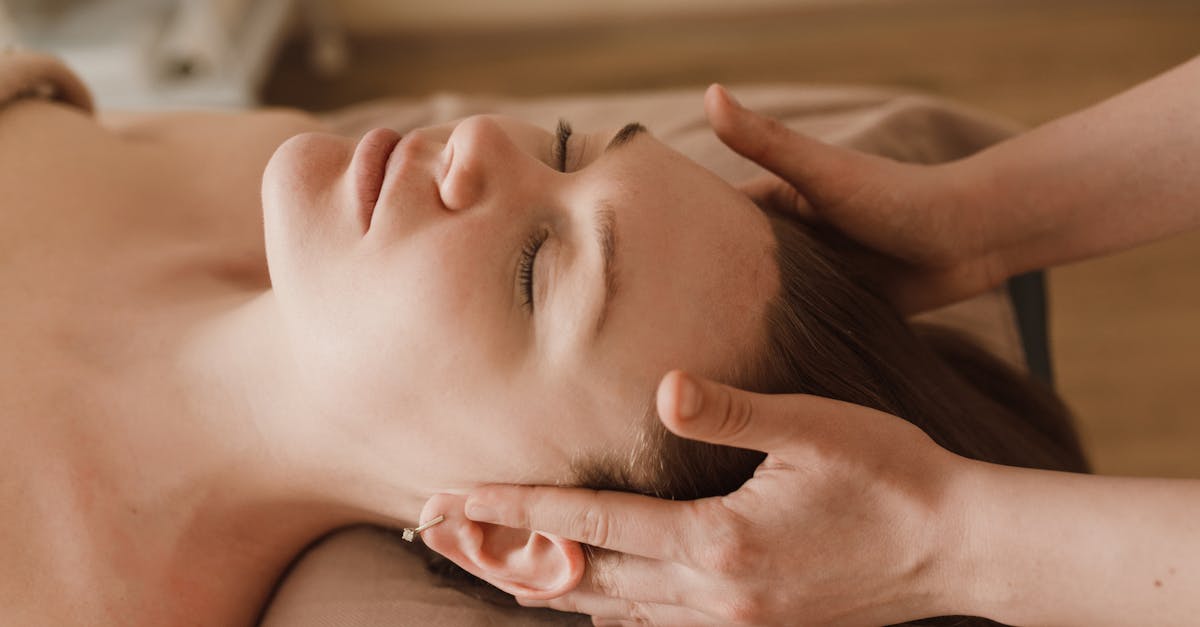The Role Of Fitness In Overall Wellness
Introduction
Maintaining overall wellness is a journey that begins with the commitment to an active lifestyle. Central to this is fitness, a crucial component for ensuring both bodily and mental health. This article explores how physical fitness, encompassing cardio and strength training, contributes to healthy living.
Advertisement
The Basics of Physical Fitness
Physical fitness is the ability to perform aspects of sports, occupations, and daily activities without undue fatigue. It is a state achieved through consistent exercise routines and encompasses cardiovascular endurance, muscle strength, flexibility, and balance. By enhancing these aspects, individuals can enjoy a vibrant and active lifestyle.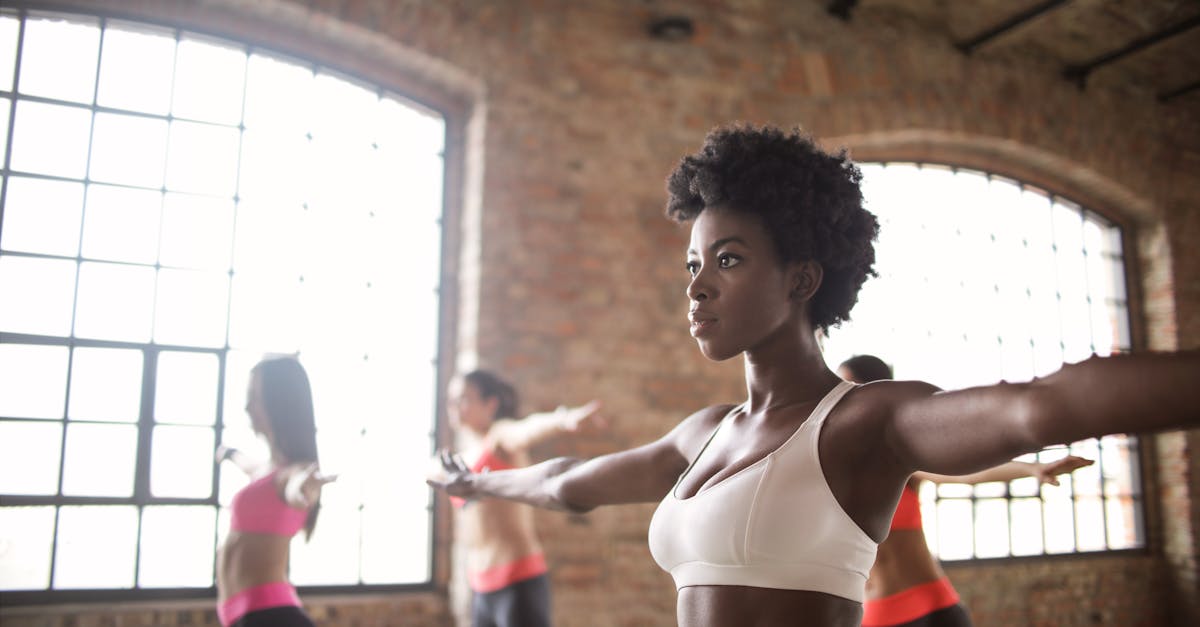
Advertisement
Cardio for Cardiovascular Health
Cardio exercises, like running, swimming, or cycling, are essential to enhancing heart health and lung capacity. Engaging in regular cardio strengthens the heart, helping in efficient blood circulation and reducing cholesterol levels. This not only aids in weight management but also lessens the risk of heart disease, contributing to overall wellness.
Advertisement
Strength Training for Muscular Wellness
Incorporating strength training in an exercise routine empowers individuals to build muscle mass and enhance muscle power. Through activities like weightlifting or resistance exercises, one can improve bone density, joint flexibility, and posture. Strength training is a powerful ally for combating age-related muscle decline, promoting long-term healthy living.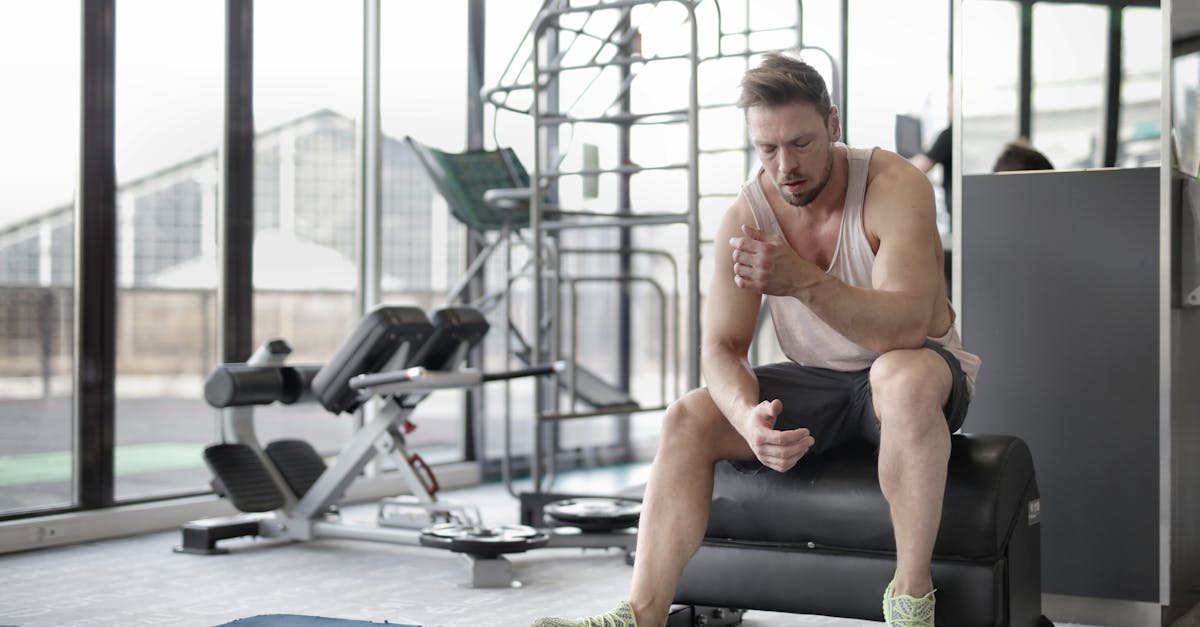
Advertisement
Mental Wellness and Fitness
A robust exercise routine can have profound effects on mental health by alleviating symptoms of depression and anxiety. Physical activity prompts the brain to release endorphins, known as 'feel-good' hormones, enhancing mood and reducing stress levels. This holistic approach is invaluable in ensuring balanced mental and physical wellness.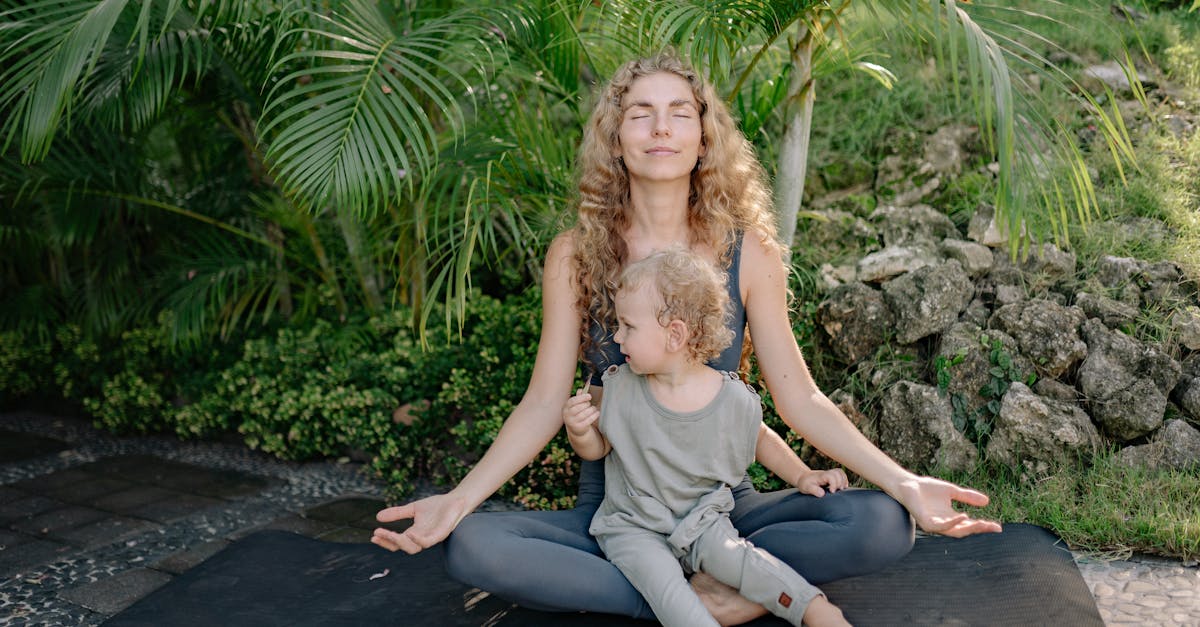
Advertisement
The Importance of Flexibility and Balance
Flexibility exercises, such as yoga and Pilates, enhance overall wellness by improving the range of motion and relieving muscle tension. Balance activities contribute to core strength and prevent falls, especially in older adults. Together, they form an integral part of maintaining an active lifestyle and protecting against injuries.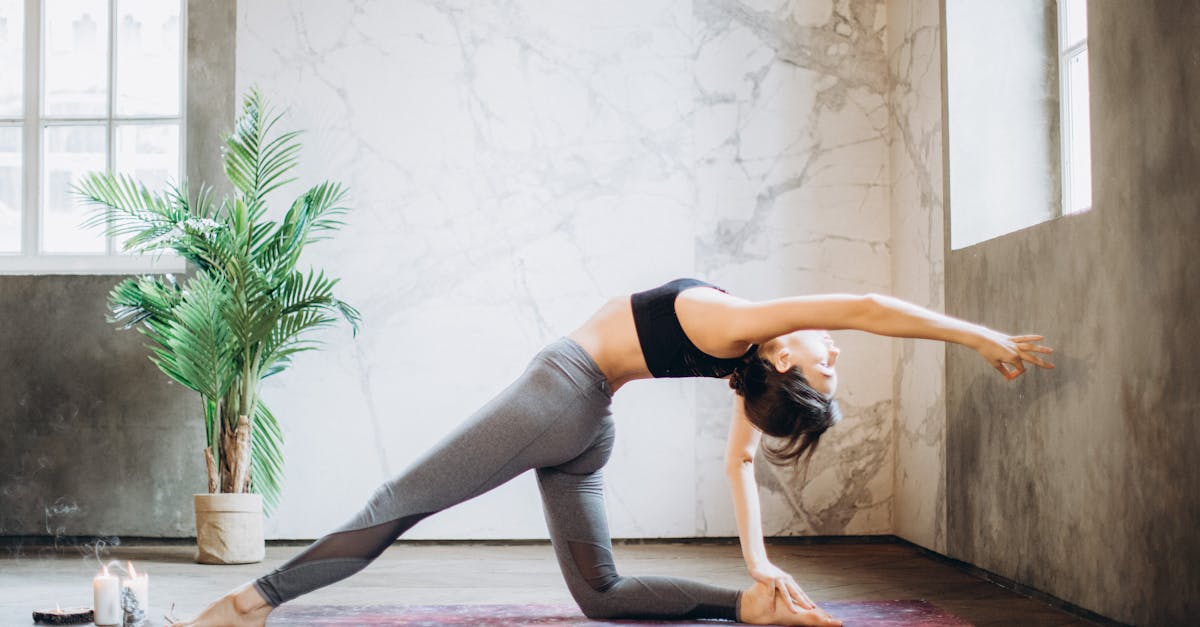
Advertisement
Nutrition and Fitness
Healthy living goes hand in hand with a well-balanced diet to fuel and support exercise routines. Proper nutrition aids in muscle recovery, boosts energy levels, and enhances the benefits of physical fitness. Consuming a diet rich in proteins, carbohydrates, and healthy fats is crucial for sustaining an active lifestyle.
Advertisement
Fitness Tips for a Successful Wellness Journey
To maximize the gains from fitness routines, it's vital to set achievable goals, maintain consistency, and find activities you love. Incorporating varied workouts keeps routines exciting and prevents the dreaded plateau phase. Additionally, staying hydrated and getting adequate rest are crucial for reaping the full rewards of an active lifestyle.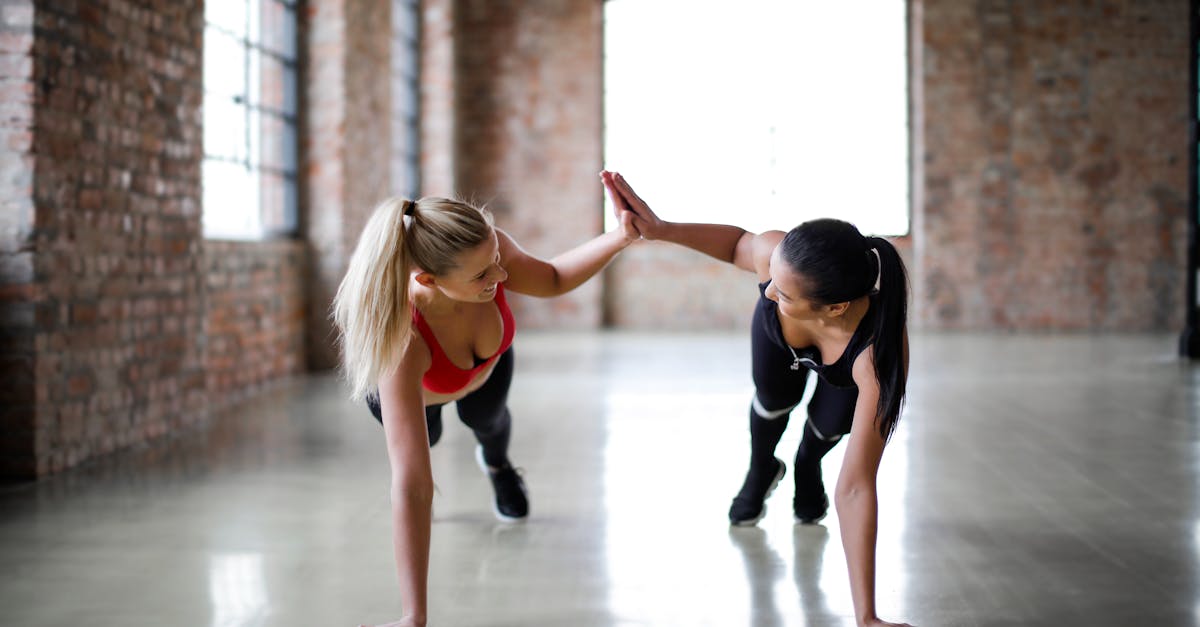
Advertisement
Balancing Rest and Activity
While exercise is important, so is rest. Allowing the body to rest and recover is essential for muscle repair and growth. Just as essential as exerting energy in workouts is to balance it with restorative periods, ensuring sustained energy levels and preventing burnout for overall wellness.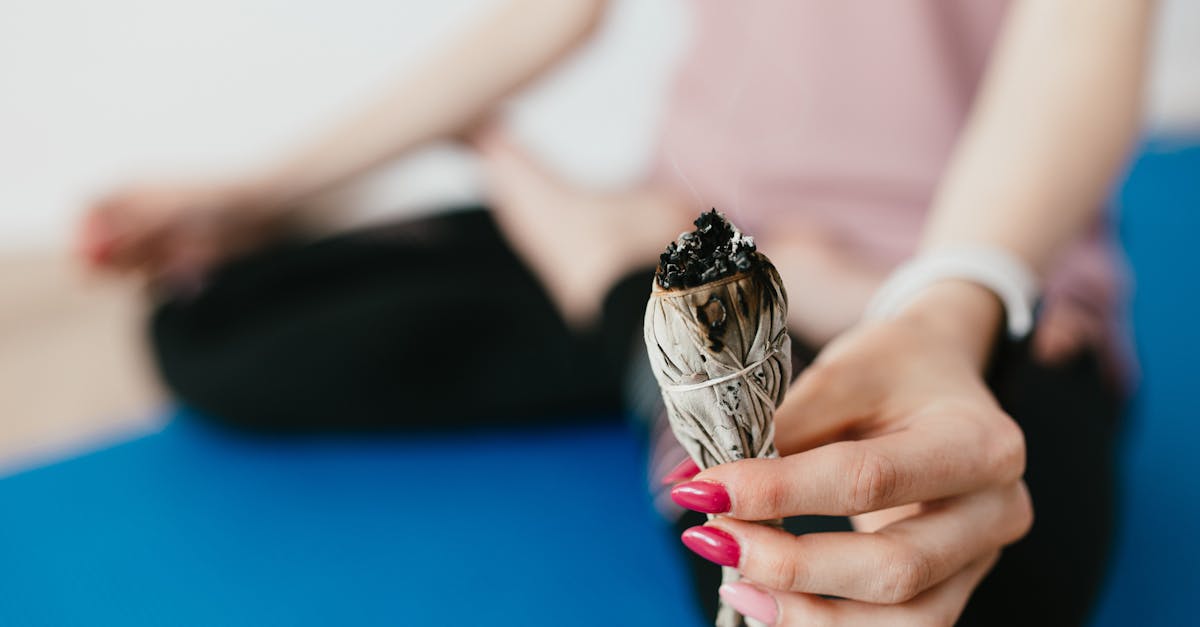
Advertisement
Conclusion
In conclusion, the role of fitness in maintaining overall wellness cannot be overstated. Through a balanced exercise routine that includes cardio and strength training, individuals can achieve improved physical fitness and enjoy a healthier life. Embracing these practices, supported by proper nutrition and rest, sets the foundation for a vibrant and fulfilling journey toward complete wellness.
Advertisement

